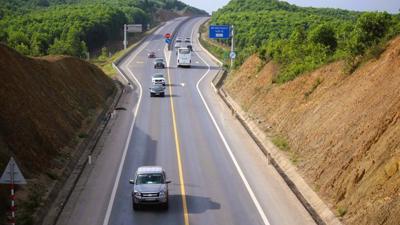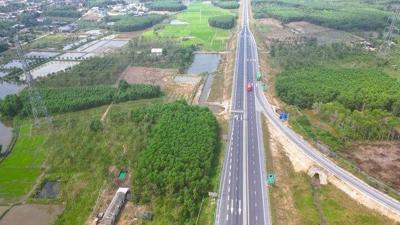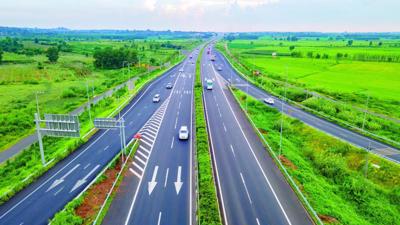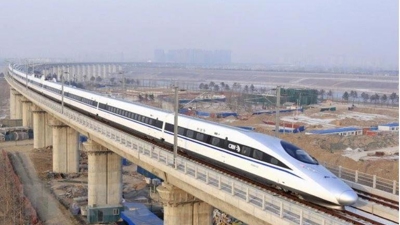To boost FDI attraction in Vietnam
According to economic experts, although FDI attraction in Vietnam has shown many positive results, there are still some problems that need to be tackled.
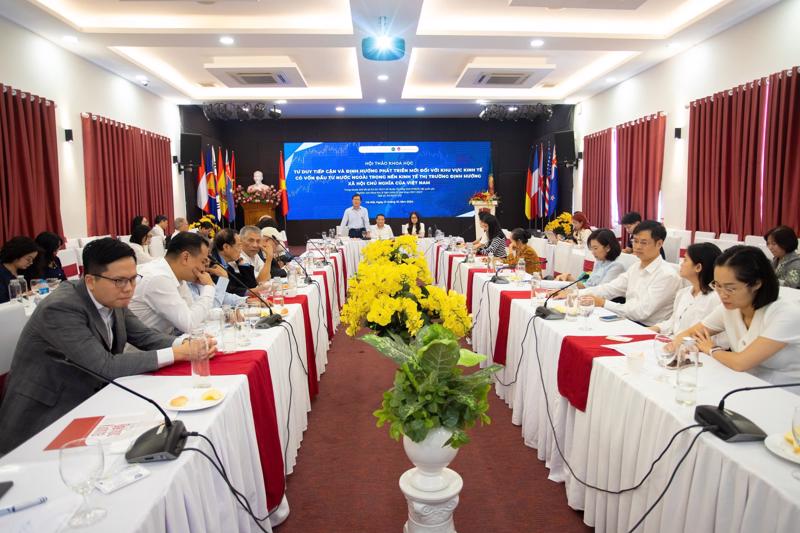
The foreign direct investment (FDI) sector is currently not only a critical pillar of economic development but also a driving force for economic reform, innovation, and enhancing Vietnam's competitiveness in the context of globalization, according to experts.
However, at the Scientific Conference with the theme “New Approaches and Development Orientations for FDI Sector in Vietnam’s Socialist-Oriented Market Economy,” held on October 31 by the University of Economics (UEB) under the Vietnam National University (VNU), in collaboration with the Party Central Committee's Economic Commission, some speakers noted that FDI attraction in Vietnam still faces numerous challenges that require more effective strategies and policies to overcome.
FDI SECTOR – A KEY PILLAR OF THE ECONOMY
Speaking at the conference, Assoc. Prof. Dr. Nguyen Hong Son, Deputy Head of the Party Central Committee's Economic Commission, shared that although 2023 was considered a challenging year, registered FDI in Vietnam surged significantly.
According to figures from the Ministry of Planning and Investment, in 2023 total registered FDI capital in Vietnam amounted to $36.61 billion (up 32.1 per cent compared to 2022); and disbursed FDI capital reached over $23 billion (accounting for 16.1 per cent of the total social investment capital).
In 2024, the positive trend in FDI continues. In just the first nine months of the year, total FDI capaital stood at over $24.78 billion, up 11.6 per cent year-on-year, and disbursed capital at approximately $17.3 billion, up 8.9 per cent year-on-year. Among the FDI projects registered during the period, there were 11 major projects with investment capital exceeding $100 million. Vietnam is expected to attract around $39-40 billion in FDI this year.
“The record high inflow of FDI into our country amidst the economic challenges indicates Vietnam’s resilience and appeal as a perspective investment destination and trade partner,” Assoc. Prof. Dr. Nguyen Hong Son remarked.
The FDI sector not only contributes to job creation, increased income for workers, and production diversification but also promotes technology transfer and modern management experience, helping Vietnam participate in multiple stages of the global value chain.
“The contributions of the FDI sector have also laid foundations for restructuring Vietnam's economy and boosting its external economy and national competitiveness over recent years,” Assoc. Prof. Dr. Nguyen Truc Le, Chairman of the UEB Council noted.
ISSUES NEED TO BE TACKLED
According to Prof. Dr. Nguyen Mai, Chaiman of Vietnam’s Association of Foreign Invested Enterpries (VAFIE), though FDI attraction in Vietnam has shown positive results, there are still some problems that need to be tackled.
Currently, in terms of benefits - a key criterion for appraising and assessing the quality of FDI projects FDI, Vietnam remains disadvantaged, as foreign investors transfer "enormous profits" back to their home countries, according to Prof. Mai. Meanwhile, in terms of technology and management transfer, Vietnam has yet to gain significant management skills and has received almost no technology transfer impact from FDI projects, he remarked.
Additionally, according to Ms. Duong Thi Vinh Ha, a representative of the Foreign Investment Agency (FIA) under Ministry of Planning and Investment (MPI), Vietnam’s incentive policies for FDI are considered competitive but still have certain limitations.
“Vietnam has yet to keep up with advanced policies and international practices. Many investment incentives for foreign investors also do not fully align with current international demands,” Ms. Ha said.
In order to tackle issues in FDI attraction in the country, Prof. Nguyen Thi Xuan Thuy, Lecturer at Faculty of Political Economy at UEB suggested that Vietnam should to establish an FDI index to maximize the benefits of FDI attraction, creating a database to serve policymakers in evaluating the impact of FDI on the economy. At the same time, investment attraction strategies should shift from pre-investment incentives to post-investment benefits, diversifying investors to avoid over-reliance on one (or a few) large investors.
“Moreover, Vietnam should improve its investment environment, enhance resilience, and promote sustainability by linking FDI enterprises with domestic ones, developing green industries, advancing energy transition, and fostering basic technological production capacity to support a circular economy, while maintaining a transparent and predictable policy environment,” Prof. Nguyen Thi Xuan Thuy suggested.
In the long term, Vietnam should also develop a specific roadmap for FDI attraction as well as training programs to build a workforce serving foreign-invested enterprises.
“To increase FDI capital flows, especially in the technology sector, Vietnam must have a well-trained workforce to meet the needs of FDI enterprises,” Mr. Nguyen Van Toan, Vice Chairman of the Vietnam’s Association of Foreign Invested Enterpries (VAFIE) added.






